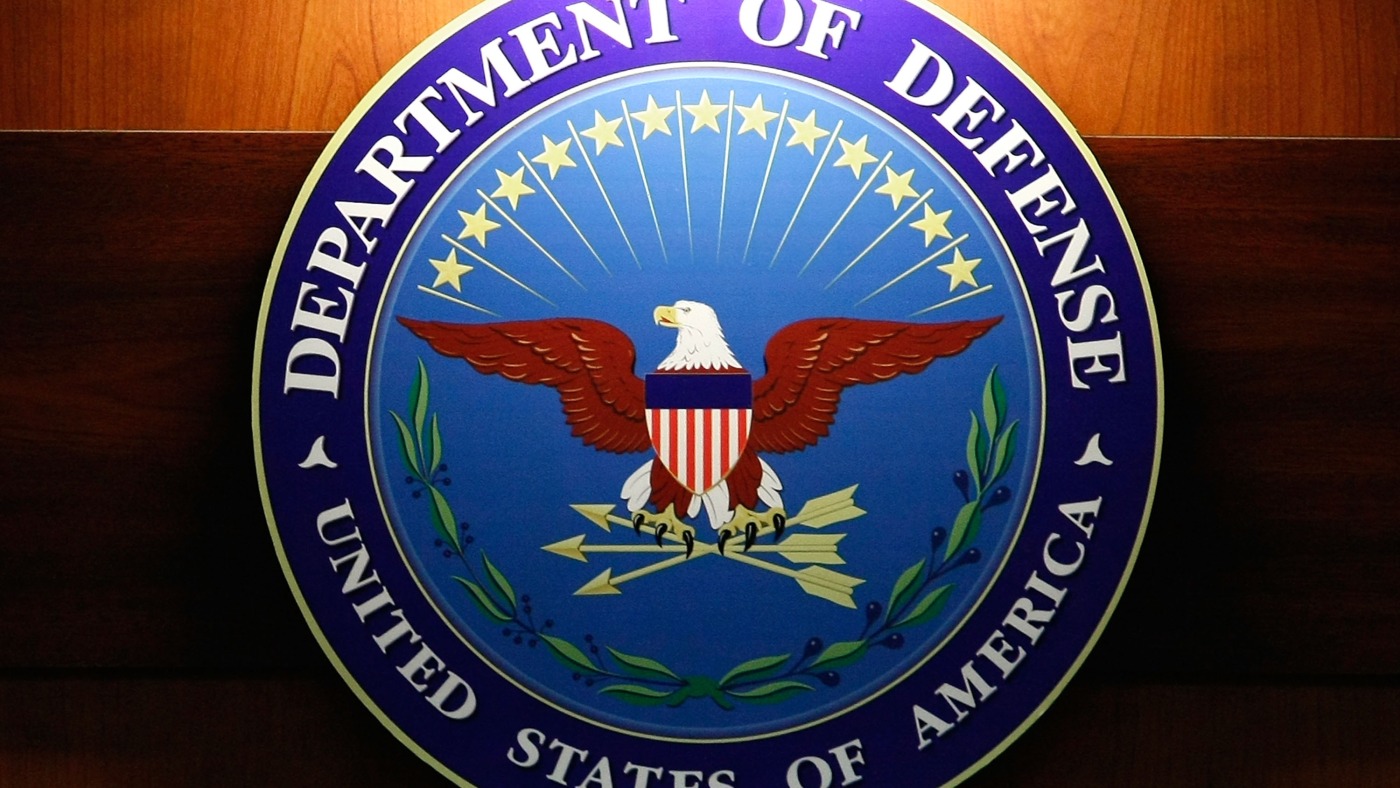U.S. to launch investigation that could prompt semiconductor tariffs : NPR
The Trump administration is considering new semiconductor tariffs, after the White House exempted certain electronics from reciprocal tariffs.
“We are taking a look at Semiconductors and the WHOLE ELECTRONICS SUPPLY CHAIN in the upcoming National Security Tariff Investigation,” Trump posted on social media.
Kevin Hassett, director of the National Economic Council, echoed Trump and told CNN that the administration is launching an investigation into semiconductors under Section 232 of the Trade Expansion Act of 1962. That section of trade law allows the president, after an investigation, to restrict imports of products that are seen as critical to U.S. national security.
“Semiconductors are the key, important part of a lot of defense equipment,” Hassett told CNN’s Jake Tapper on Sunday. “And there’s going to be a semiconductor 232 that studies those things carefully and decides what has to be on-shored in order to protect America.”

Hassett compared these possible semiconductor tariffs to the current 25% tariffs on steel and aluminum — which Trump also issued under Section 232. To Hassett, the fact that semiconductors aren’t manufactured in the U.S. is a national security issue.
“It actually is the case that it’s a very uncomfortable amount of Chinese input in our actual weapons systems,” Hassett said on CNN.
The prospect of additional tariffs on semiconductors, an essential part of many products from cars to cell phones, comes only days after U.S. Customs and Border Protection lifted what the administration calls “reciprocal” tariffs on certain electronics, including smartphones and computers. Friday’s action lifted steep tariffs on most technology imports, though Chinese technology continues to face a 20% “fentanyl” tariff — what the administration describes as a punitive measure over the nation’s role in the international drug trade.

Commerce Secretary Howard Lutnick told ABC News that these electronic tariff exemptions are only temporary — because they will soon be replaced by the yet-to-be-announced semiconductor tariff.
“What [Trump] is doing is he’s saying they’re exempt from the reciprocal tariffs, but they’re included in the semiconductor tariffs, which are coming in probably a month or two,” Lutnick told ABC News’ Jonathan Karl. “All those products are going to come under semiconductors, and they’re going to have a special-focus type of tariff to make sure that those products get re-shored.”
China is America’s top source of electronic products, according to the U.S. International Trade Commission, followed by Mexico, Taiwan, Vietnam and Malaysia.
Source link






